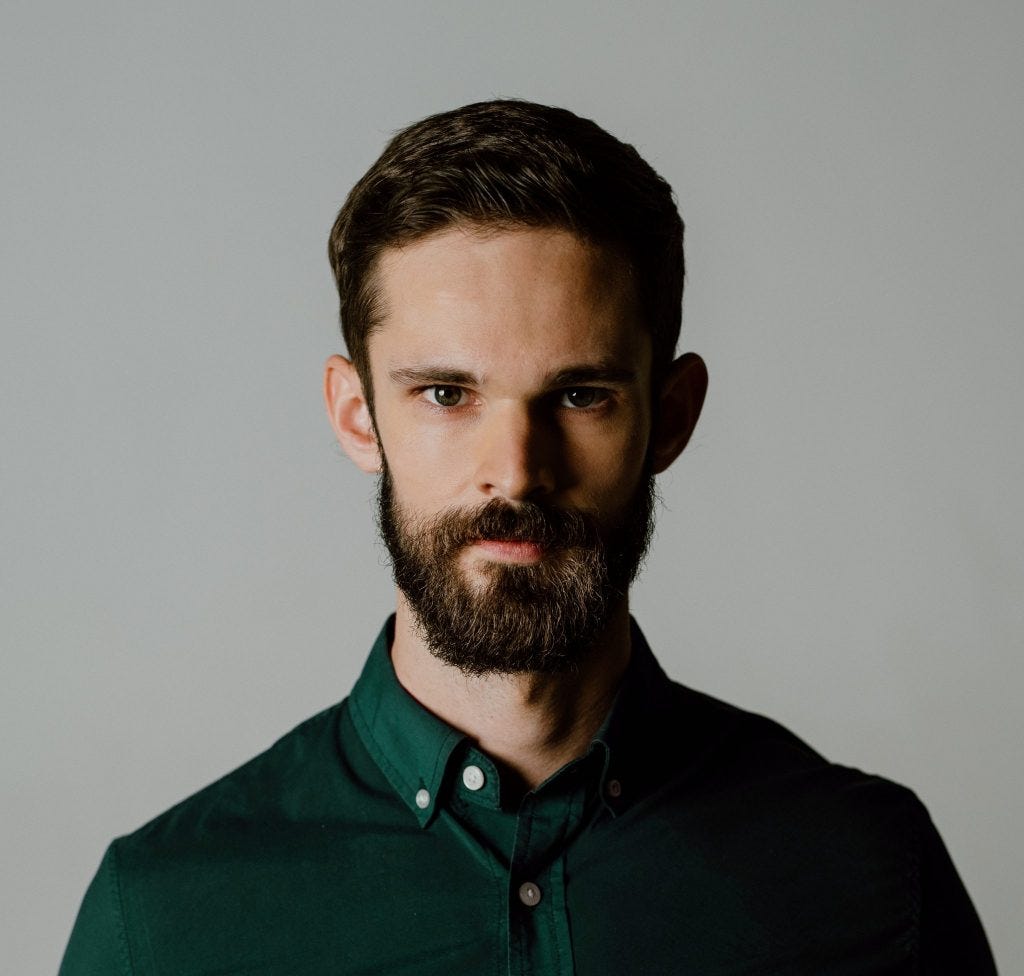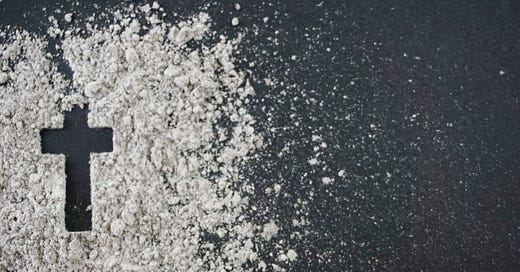“Cowards die many times before their deaths: the valiant never taste of death but once.”
—Act II Scene 2, Julius Caesar
With apologies for the graphic language, I do think Regina Spektor was on to something when she wrote:
Summer in the city
I'm so lonely, lonely, lonelySo I went to a protest
Just to rub up against strangers
And I did feel like coming
But I also felt like crying
And it doesn’t seem so worth it right now.
That’s “Summer in the City,” a relatively forgotten track from Begin to Hope (2006). It was overshadowed by the success of “Samson” and “Fidelity.” But “Summer” sure looks good in retrospect: you could easily believe it was written in 2020 during the summer of riots.
I sat in my 12th-floor apartment on the corner of Fairfax and 3rd in Los Angeles that summer. From there we could see Pan Pacific Park, where many of the protests and demonstrations began. It was always pretty clear they would turn destructive, though I had no idea how bad it would get. Columns of smoke rising from burning cop cars a few blocks away; choppers circling relentlessly overhead; and across the street from me a 7-11 whose glass façade was shattered not once or twice but three times, the antic crowds of looters skittering gleefully out of reach as the police shooed them away.
One morning after a particularly harrowing night, we walked down Fairfax tentatively for coffee. I will never forget the crowds of worried young people—most of them black or Hispanic—gathering on that street to patch up what remained of their businesses, to paint glumly over plywood boards they had bought to repair the damage. Past us, going the other direction, strode crowds of Millennials with their signs toward Pan Pacific for another demonstration. They were almost all white.
Thanks to the sophistry of pundits who called this orgy of chaos “mostly peaceful,” and thanks also to the self-mythologizing racial narrative which concealed the hideous toll it all took on minority communities, it’s easy to forget what these riots were: a bacchanal. They were above all a cascading forth of suffocated energy, of male aggression and frustrated desire.
In Euripides’ Bacchae, the sage prophet Tiresias tries to loosen King Pentheus’ white-knuckled grip on the city of Thebes, reminding him that other powers are at work in it besides his own sovereignty: “don’t imagine that only force has power over men.” Clamp down on man’s natural urges hard enough, and they will come surging back like a vengeful god in a frenzy of madness and wine.
That is what happened to us. The conceit at the heart of progressivism is the blank-slate theory of man: given the right tools, the right control, the right social engineering, progressives believe they can reorient human desire and behavior just exactly as it suits their lofty aims. When a combination of politics and pride demanded that blue-state governors distinguish themselves from Donald Trump as “tough on the virus,” they naturally assumed they could do so by simply locking people away in their homes.
This entailed denying some of our simplest creaturely appetites: our yearnings to see and touch each other, to eat together, to wrestle and run and collide with one another, to take up space in the world. But all that seemed no obstacle. It seemed as if wholly digitized social interaction, and a virtuous narrative about 'pulling together by staying apart' would be a satisfying consolation for the warmth of body against body.
There followed a litany of desperate injunctions to stay home and masturbate over zoom rather than risk an in-person hookup. To me, this sounded like nothing so much as a panicked attempt to stifle erotic forces that were surging against the progressive dam and threatening, at last, to burst.
Relief
Burst they did, onto the streets in a form that the official narrative could not possibly condemn: we “went to a protest / Just to rub up against strangers.” Checkmate. The ruling classes must either acquiesce to this kind of communion, or else be deemed racist, obstructors of justice. I have been obsessed for months by what Chicago Mayor Lori Lightfoot said in defense of her decision to celebrate Biden’s presidential victory in a massive crowd: “Yes, there are times when we actually do need to have...relief and come together, and I felt like that was one of those times.”
She was half right: at a certain point we simply do need relief from this inhuman isolation, no matter the cost. What makes Lightfoot’s statement so galling, and our own blindness so tragic, is the ethical outlook that views violent rioting as a more fitting outlet for our physical energies than going to church or making love.
Gnostic dreams aside, we simply cannot decouple our spiritual longings from our physical ones: embodied life together is how we connect, and there is no replacing it. The wonders of digital technology are wonders, certainly. But they deceive us when they promise that they can be all we need. Virtual connection is, as Joshua Mitchell argues in American Awakening, a supplement to in-person connection which we have foolishly bought and sold as a substitute for the real thing. Persist in this kind of self-denial long enough, and Dionysus will have his day.
Dust
Our central error—the wound from which all our other infections radiate outward—is our denial of death. We cannot bear the fact of it, the inevitable breaking down of our flesh and the decay of our health. Directly from this failure to accept what happens to our bodies, there follows our will to believe that we can escape our bodies altogether, can float free over them, can deny them or bend them utterly to our wills. It is a severe form of arrested cultural development: the first hard truth of all, the one every adult must reckon with, is the one we refuse to process or even consider.
Christianity is far from the only religion or philosophical system that has ever grappled with these questions: any society worthy of the name must put the reality of death somewhere at the heart of its teaching. But the Christian way of dealing with these things is a good one, and today is the day consecrated for reiterating it. “Dust thou art, and unto dust thou shalt return”: this is Ash Wednesday, the beginning of Lent. Today the curse of Adam is our curse, and his grief is our grief, inconsolable by any human means. We must either know this, or go mad.
Lockdowns began during Lent of last year, and I recall saying back then what a distinctly Lenten phenomenon they are: our refusal to countenance death has forced us into a wilderness of nothing but death. Spiritual death, physical death, emotional death—all of them have been visited terribly upon us by this disease and the catastrophic reaction of our leaders to it. Now we are one year in, and Lent comes back again, as it always does—as the truths it teaches always do.
All the efforts we have made this year to escape those truths were mere infant flailing, vanity and nothingness. The protests and the riots and the energy that drove them: these furious assertions of bodily force seem mostly to have lost the luster of their novelty and, as Spektor wrote, “it doesn’t seem so worth it right now.”
What began in violence and revelry has ended in a dogged, dead-eyed kind of optimism about the dawning of a new Biden Era which looks...about the same. The hard-bitten invitation of today’s ceremony is to repentance—to acknowledging a misstep, to turning around and viewing things another way. Dust thou art: swallow this bitter pill, and live.






Beautiful, thoughtful piece of writing. Thank you, Spencer, for giving me something to ponder over.